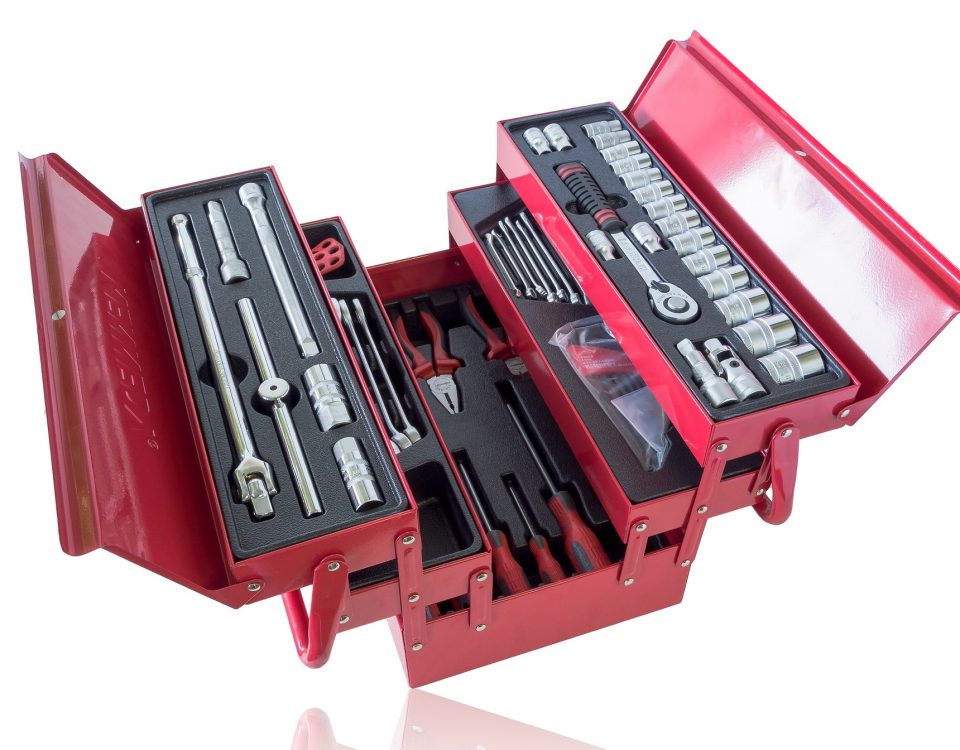Leadership in Small Businesses

What is Coaching?
February 26, 2019
Leadership Styles – An Overview
April 9, 2019Leadership in small businesses has its unique challenges compared to larger organisations.
Recent research has shown that the survival rate of small businesses is not great.
In Australia, 62 per cent of small businesses close down after only four years (ASBFEO, 2016). And in both the US and the UK, about half of small businesses stop operating within five years and at least two thirds within ten years.
However, small businesses contribute about 33 per cent to Australia’s GDP, and employ over 40 per cent of Australia’s workforce which has a significant influence on both economics and society (ASBFEO, 2016).
Many Hats
Small business leaders are agents of innovation, wealth creation and employment generation. There is a high demand to be multifunctional and to wear various hats. However, small business leaders are often restricted by daily operational demands.
The statistics show that survival is often the main priority within a small business. Strategic planning, human resource management, or leadership development to sustain success seem to have no precedence in a rather short-term oriented environment.
External vs internal reasons
While there are external factors that prevent small businesses from succeeding, such as deficient resources and increasingly intense market competition, the few existing studies on leadership in the small business context confirm that the internal reasons are to do with a lack of effective leadership.
Before looking at effective leadership, let’s have a look at the Small Business Leader. Mostly, they are the owners themselves, and some are entrepreneurs.
Business owner vs entrepreneur
Entrepreneurship is not limited to small business owners. It involves a set of characteristics such as innovative, creative, proactive, risk-taking, implementing etc. Paul Burns identifies the owner-manager with an “instinct for survival” and the entrepreneur with an “instinct for growth” (from Entrepreneurship and Small Business, 2007).
An owner-manager might simply focus on providing goods or services according to their own qualifications or their lifestyle choices, to provide an adequate income without the intentional goal of innovation or growth of the business.
My uncle would be such an example. He took over the bakery after my grandfather’s death with the goals to maintain the family business and to provide an income for his family. He does not aim for different business opportunities but rather focuses on delivering high-quality baked goods at an affordable price. However, he is innovative since he often trials new products and exploits their success.
Therefore, business owners can have entrepreneurial characteristics without having entrepreneurial business goals. My friends who have a painting business, on the other hand, constantly discover, evaluate, and exploit opportunities, which defines entrepreneurship, to create future goods and services.
The personal characteristics and skill-sets of small business leaders are essential to the success of a firm. Their traits and behaviour affect how both customers and staff are treated, how decisions are made and so much more.
Leadership Skills & Development
Personal development is therefore crucial for the small business leader. However, it seems that is not necessarily a priority. Statistics show that most small business leaders are primarily technically qualified while they gain other skills through experience. These other skills involve interpersonal, conceptual, leadership, and management skills. Both my uncle and my painter friends have not had any leadership or management training.
Technical skills might be sufficient to get the business going, but as soon as there are customers and staff involved, interpersonal skills and other leadership skills are required.
The skill of delegation is amongst the biggest challenges of small business managers, but effectively the most needed. In order to free yourself from the daily concerns and create space for strategic thinking, dreaming, planning, developing, creating, etc. delegation requires firstly to develop people. We need to equip them to take on responsibilities and communicate effectively.
Summed up, small business leaders might find themselves in a cycle that seems too challenging to get out of…but it does not have to be!

If you want to chat about the challenges of leadership in small businesses or other leadership topics, contact me or book your free intro session here. Let’s find ways that will get your business BEYOND mere survival.
Happy Tuesday! (or whatever day you’re reading this)
Desiree


